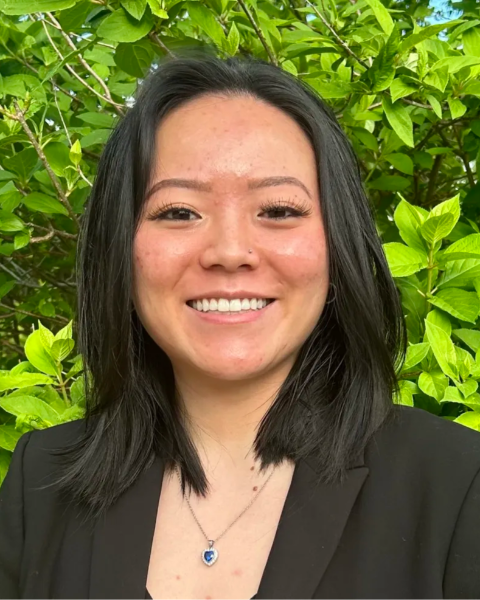Oral Presentation - 15 minutes for each presentation
Social Justice and Health Equity
D1. Oral Session: Weight-Inclusive Approaches: Training, Diabetes Prevention, and Health Outcomes in Obesity-Affected Populations
D1.01 - Oral: Advanced Training in Weight-inclusive Thinking
Thursday, April 17, 2025
10:00 AM - 10:15 AM PST
Location: Main Stage (International Ballroom), 2nd Floor
Earn 1.0 Advanced CECH
Area of Responsibility: Area VII: Leadership and Management
Subcompetencies: 7.2 Prepare others to provide health education and promotion., 7.3.1 Facilitate understanding and sensitivity for various cultures, values, and traditions.
Research or Practice: Practice
Subcompetencies: 7.2 Prepare others to provide health education and promotion., 7.3.1 Facilitate understanding and sensitivity for various cultures, values, and traditions.
Research or Practice: Practice

Emily Meng
Student
University of Washington
Seattle, Washington, United States
Presenter(s)
Learning Objectives:
At the end of this session, participants will be able to:
- Demonstrate how to become a more equitable health practitioner by incorporating a weight-inclusive approach through practical examples and activities.
- Describe the dangers of a weight management-based approach to health in comparison a weight-inclusive approach that considers and respects all backgrounds and identities.
- Understand the topics of healthism, intersectionality, critical health literacy, and attribution theory and how they can be applied to the weight-inclusive approach for health practitioners.
Detailed abstract description: Weight centrism elevates weight as a primary indicator of health. Although promoting weight management for health is common, such weight-centric approaches ignore the multidimensionality of health, minimizing the impact of genetics, lifestyle, and social determinants on health. Research also shows that not only is long-term weight management unsuccessful, but that the constant emphasis on weight management is associated with a number of detrimental health risks, including blaming weight as the sole contributor to health problems and a poor relationship with physical activity, food, and/or body image. Dismantling the systemic belief of weight centrism is necessary to create a more equitable, inclusive environment for all identities.
Weight inclusivity acknowledges that health is multifaceted, and encourages health professionals to consider how health is determined by more than body size. However, adopting a new paradigm that goes against the status quo comes with a number of challenges. Even if practitioners are well-intentioned, they may still carry stigmatizing beliefs that can negatively impact the clients they work with. The purpose of this presentation is to discuss the challenges of adopting a weight-inclusive approach and introduce an online intervention that provides practical solutions for navigating such challenges
We selected an online pedagogical approach to maximize the accessibility of our intervention. Online courses can be completed at one’s own pace, making them flexible to meet different learning needs. Our course includes interactive activities like quizzes and worksheets to facilitate learning and assess course comprehension. Through this presentation, attendees will be introduced to the following challenges that our online course examines:
How can health professionals promote health without blaming people for their health and weight?
Why can’t we just talk about weight stigma? How do other social identities influence one’s experience with weight stigma?
How can health professionals help the public understand health information that is ever-changing, especially when new information contradicts what has previously been known? How can health professionals identify and reduce beliefs that are stigmatizing towards people with larger bodies?

